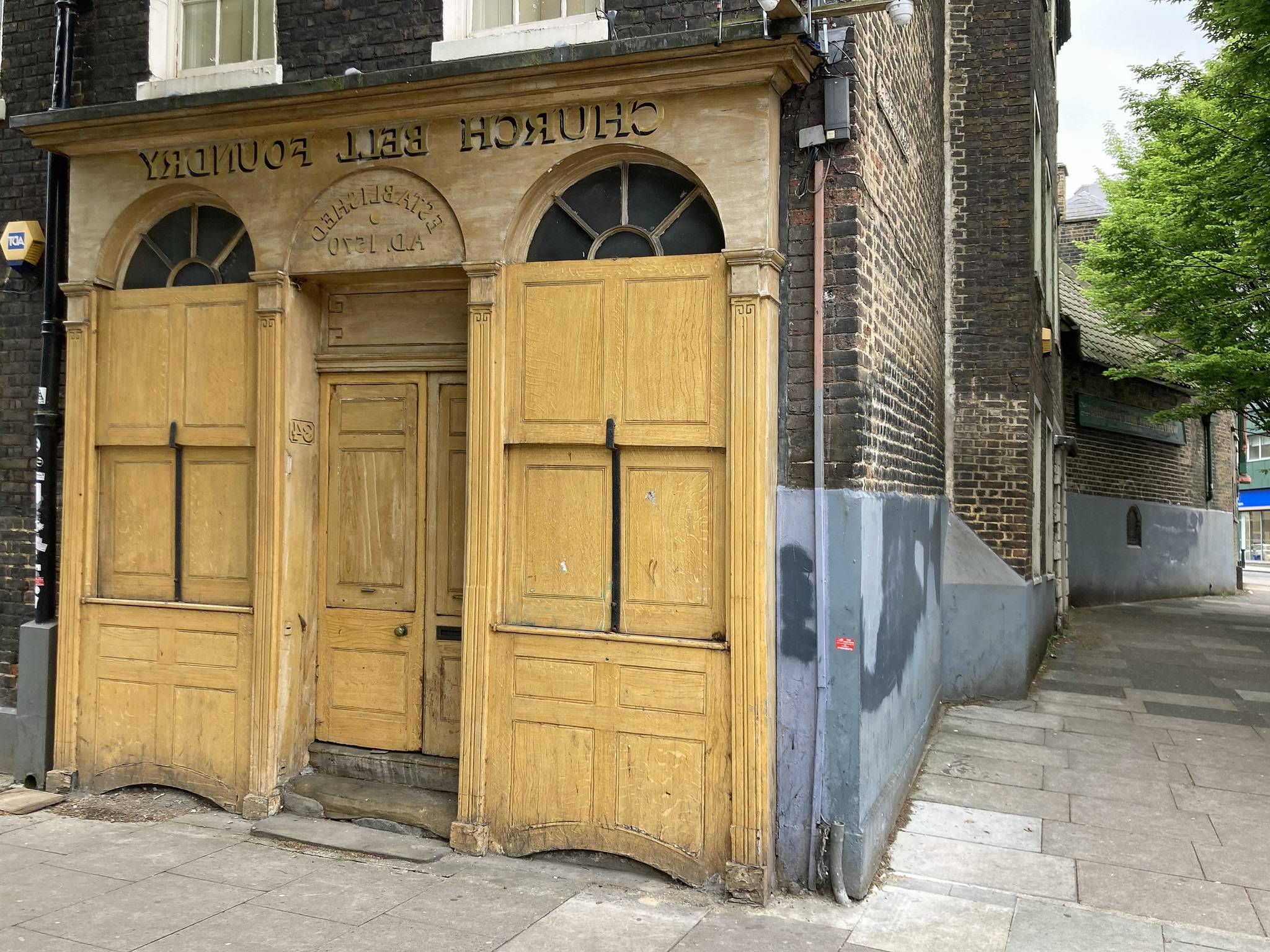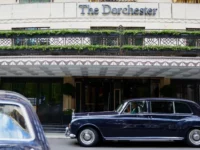The UK government has approved a controversial plan to transform the centuries old Whitechapel Bell foundry in east London into a boutique hotel development after years of conflict and debate.
The housing minister, Luke Hall, has approved the Raycliff hotel proposal, according to a spokesman for the Ministry of Housing, Communities and Local Government. Culture and heritage professionals have criticized the government’s decision, accusing it of philistinism for the sake of profit.
The Whitechapel Bell Foundry, Britain’s oldest manufacturer, closed its doors in 2017 and has been fighting for its survival ever since. Since 1570, the foundry had been casting bronze bells in London. The foundry is known for making iconic bells such as Big Ben in 1958 and in 1752 Philadelphia’s Liberty Bell. Whitechapel bells had traveled all around the world over the years. In Australia, there are 500 Whitechapel tower bells, 600 in the United States, and at least 900 in Canada.

The move prompted angry responses from culture and heritage professionals. Andrew Wilson, a curator at Tate, wrote on Twitter that this is “another example of the normalisation of money-grabbing philistinism that this government promotes”.
Charles Saumarez-Smith, the former chief executive of the Royal Academy of Arts in London, says that “the government is play-acting, [putting] a superficial veneer over rather brutal capitalists, who are happy to use British history for their own purposes. a hotel for foreign tourists is more important than a bit of living history.”
There was an alternative: the conservation Reform Heritage group teamed up with the digital heritage preservation company Factum Foundation to restore the property back into an operating foundry. Both organizations intended to buy the foundry and buildings and put it into a nonprofit trust that would keep it running as a functional foundry in existence. In its conclusion,, the government said “there is no material basis on which it could reasonably be concluded that Re-Form’s ‘idea’ represents a viable proposition”.

The location has been the subject of a long-running saga, the foundry’s fourth-generation owners, Alan and Kathryn Hughes, sold it to property developer Vincent Goldstein in 2017 after 45 years of ownership.
The foundry was sold by Goldstein to Raycliff, a US investment group founded by New York-based entrepreneur Bippy Siegal, which plans to restore the Grade II listed building at the front of the site and demolish a 1980s extension at the back to make way for a boutique 103-room hotel, café, and creative business studios. The ideas submitted by London-based 31/44 Architects also include a rooftop pool.
The hotel scheme received planning permission in November 2019 at a public meeting of Tower Hamlets council’s development committee. Historic England approved the developers’ plan, “the makings of a successful heritage regeneration scheme, and would provide a sustainable future for this important group of listed buildings”.
More than 8,000 people formally protested to the Raycliff plan, while more than 27,000 people signed two petitions against the proposal. The artist Antony Gormley and Tristram Hunt, the director of the Victoria and Albert Museum, both supported the anti-Raycliff campaign.
Whitechapel Bell Foundry Address: 34 Whitechapel Rd, London E1 1DY, United Kingdom
#LondonAirportTransfers #WhitechapelBellFoundry #BoutiqueHotel #WhitechapelBellFoundryBoutiqueHotel #LondonHotel
Please rate our post. Thanks!
Read also:
Hotel Du Vin & Bistro Cambridge
10 New Central London Hotels Join Inaugural Hotel Week London
The Four Seasons Hotel London at Park Lane has reopened
Official information – Bells.org












